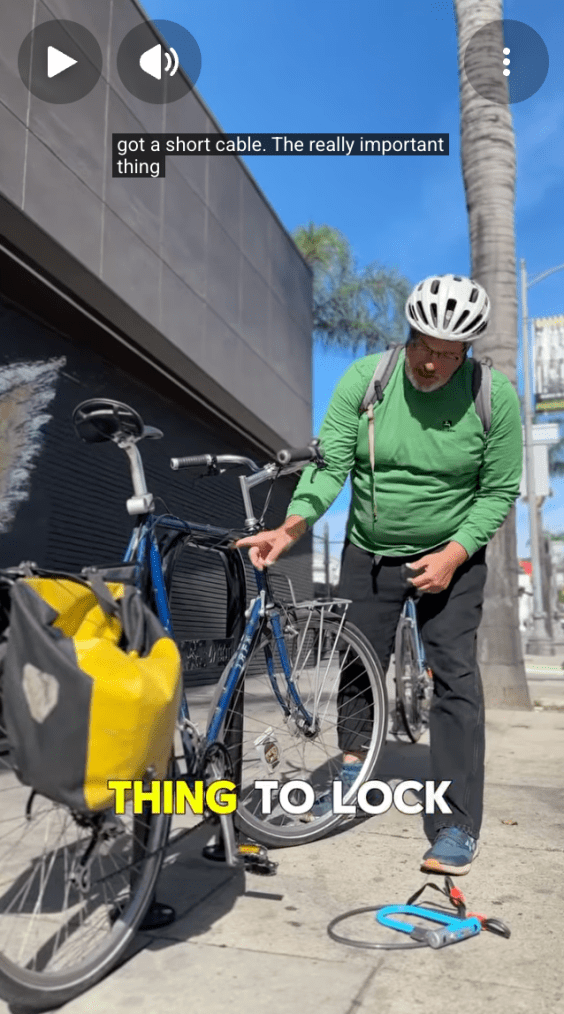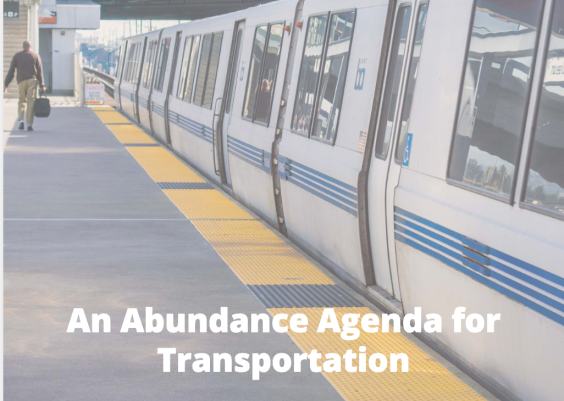Driving is too cheap in the United States. It's a complicated thing to unpack, but David Levinson, engineering professor at the University of Minnesota and blogger at the Transportationist, attempted to analyze the cost per-minute.

Levinson estimates that the true cost of driving -- including vehicle purchase price, insurance, taxes, repairs, and costs like parking and air pollution that are not borne by individual drivers -- is about 34 cents per minute.
Unfortunately, the cost we're most likely to consider when making a discretionary trip -- gasoline -- adds up to only about 5 cents per minute. If we made driving decisions based on the incremental costs, and drivers bore the full cost of driving, our behavior would change a lot, Levinson says:
Economists use the elasticity of demand with respect to price to estimate this. This tells us how much demand drops as prices increase. The short run elasticity of demand for driving (measured in vehicle miles traveled) with respect to the price of gas is about -0.05, meaning for every 100% increase in the price of gas, there is a 5% decrease in gasoline consumption (which correlates to driving in the short run, in the long run there is also a shift in vehicle fuel economy). So if we hold that to be true for all costs, going from $0.05 per minute to $0.34 per minute is 676% higher cost (a 576% increase), leads me to expect about a 29% reduction in fuel use (mileage) in the short run if people paid their roughly fixed costs plus infrastructure plus externalities of vehicle ownership as variable costs instead. Of course at the magnitude of shift, the elasticity values may no longer hold. In any case, this is no small matter. Certainly the direction is right, countries with much higher fuel taxes see much less driving in general.
Elsewhere on the Network today: Strong Towns examines the personal impact of one car crash. The Transport Politic considers how to make transit-oriented development work around the Metro stop at DC's Dulles Airport. And Steven Can Plan singles out some of Chicago's worst red-light-running offenders.





